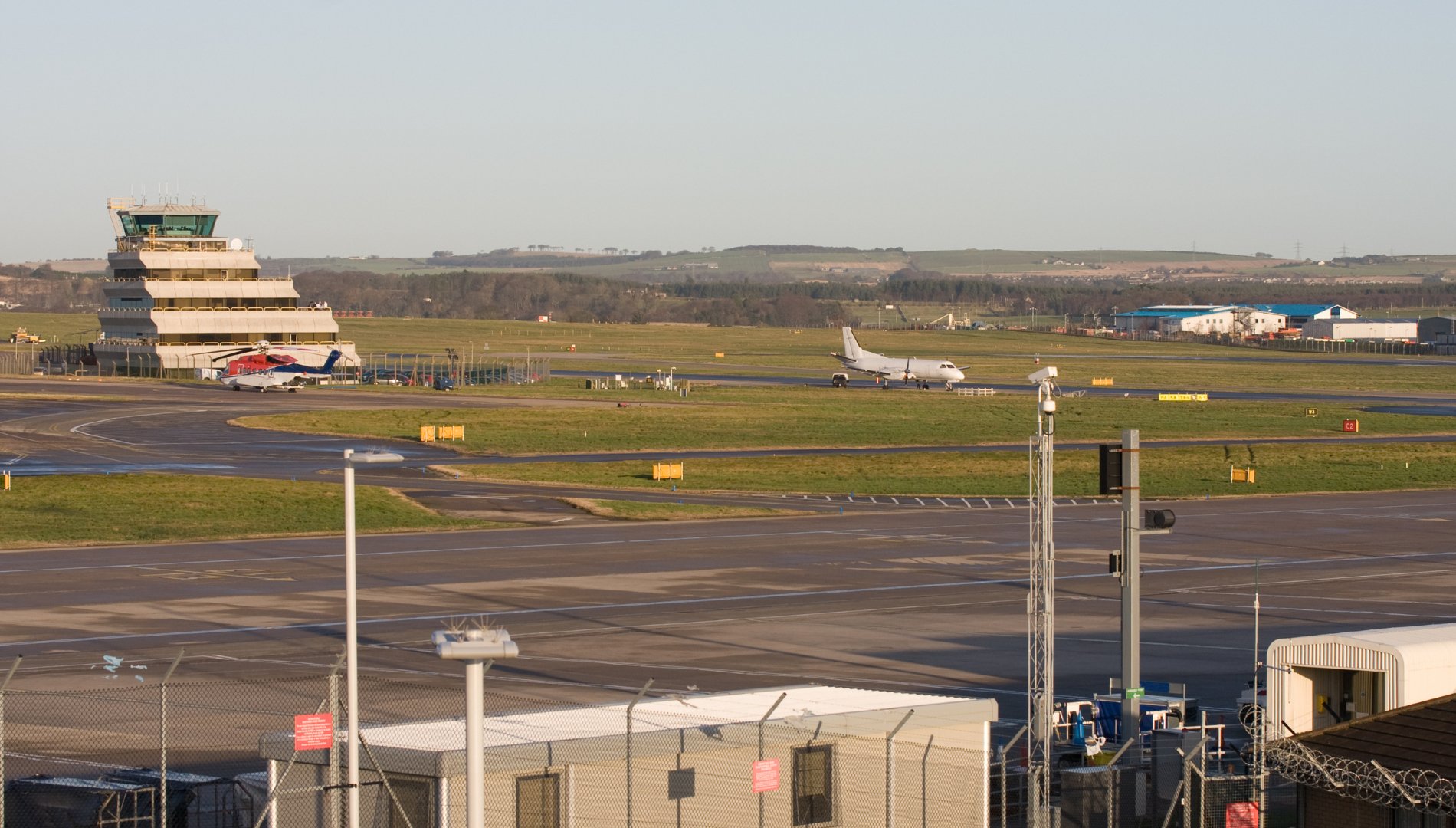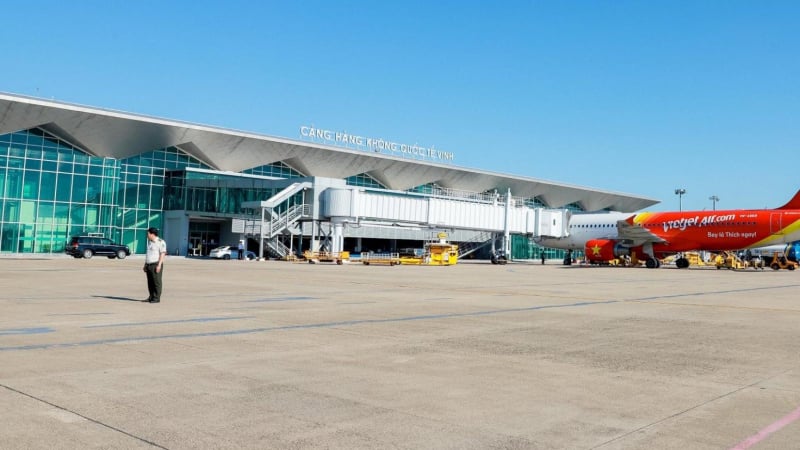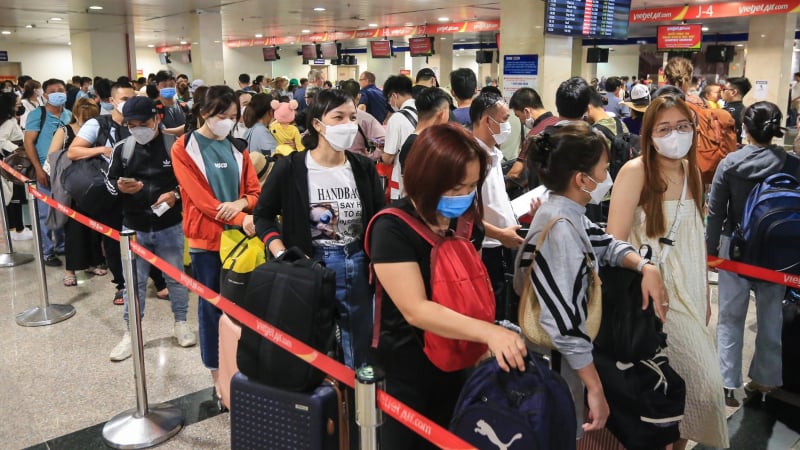In an effort to tighten control and resolutely combat drunk driving, Scottish Police have officially launched a new and aggressive campaign called "Operation Flight Safe" at Aberdeen International Airport. This initiative marks a significant step forward in efforts to ensure road safety across the region, particularly targeting passengers disembarking from aircraft.
According to an official announcement from Police Scotland, law enforcement will significantly increase its presence in the airport area. Checkpoints will be set up randomly along airport roads, where police will proactively approach disembarking passengers and conduct breathalyzer tests if any suspicious signs are detected. The goal is not only to penalize but also to send a strong message about individual responsibility after disembarking.
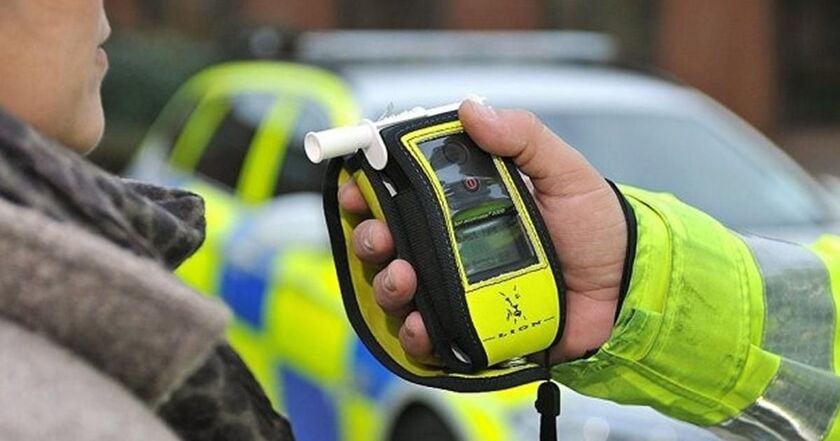
A new campaign called "Safe Landing" has been launched by Scottish Police at Aberdeen International Airport to check passengers' blood alcohol levels after they disembark, with the aim of cracking down on drunk driving.
Inspector Kelly Manson, representing the border police, clearly stated the importance of the campaign: "We fully understand that, for many, enjoying a drink on a flight can be an integral part of a holiday. However, it is crucial to remember that the legal blood alcohol limit for driving in Scotland is extremely strict. When combined with fatigue from long journeys, alcohol can severely impair the ability to operate a vehicle, putting both the driver and the community at unnecessary risk." Ms. Manson also firmly emphasized that "Safe Landing" is designed with the ultimate goal of ensuring all passengers can leave the airport safely and responsibly.
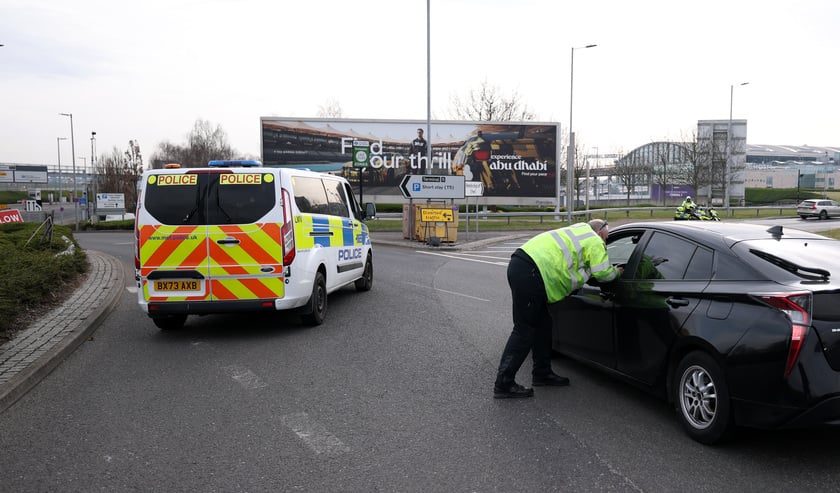
According to a statement from Police Scotland, this operation is a joint initiative between border police and road transport police.
The campaign is currently in a trial phase at Aberdeen Airport, but if it proves effective, authorities will consider expanding the model to other airports and areas across Scotland. This demonstrates the Scottish Police's commitment to combating drunk driving.
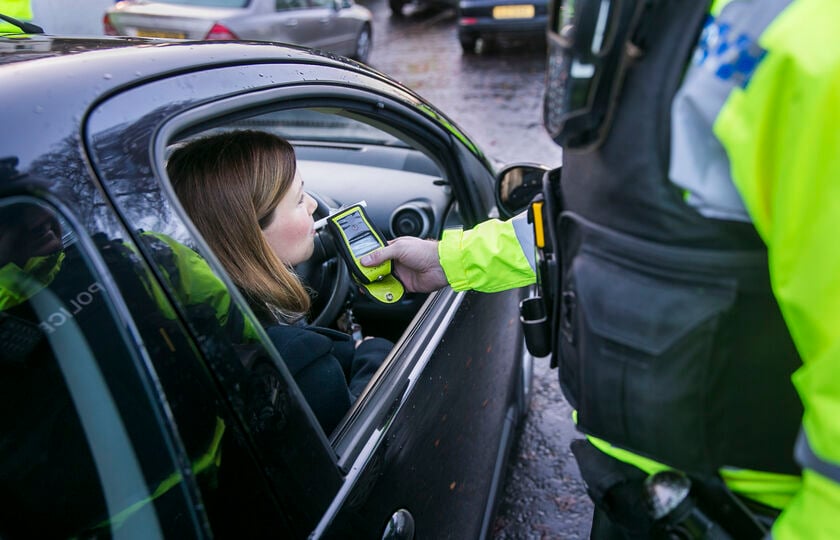
Police will increase their presence in the airport area, conduct random roadside checkpoints, approach newly arrived passengers, and perform breathalyzer tests when necessary.
Statistics from Police Scotland for the 2024-2025 financial year paint a worrying picture: a staggering 8,568 cases of driving under the influence of alcohol or drugs were recorded. These figures further underscore the need and urgency for stricter controls.
The legal consequences for driving under the influence of alcohol in Scotland are extremely severe, including: a minimum 12-month driving ban, fines of up to £5,000 (equivalent to over 175 million Vietnamese dong), a criminal record, and in many cases, even imprisonment.
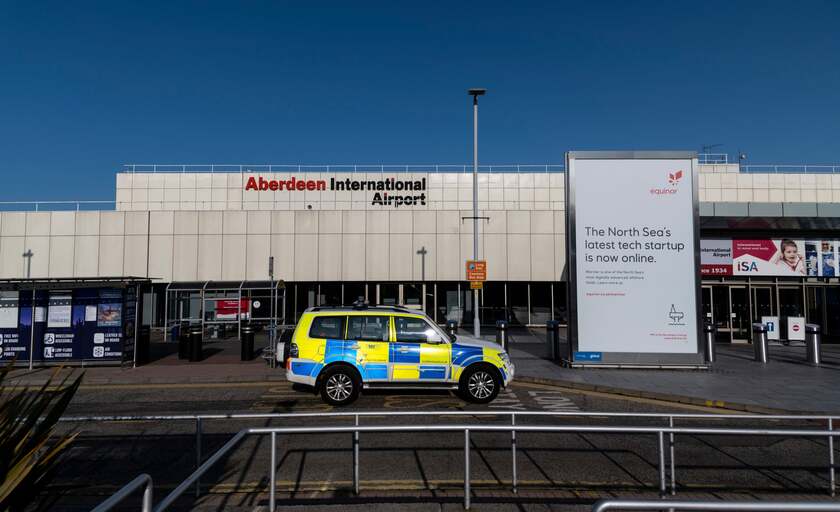
The campaign is currently in the testing phase, but if effective, authorities will consider expanding the model to other airports and areas.
Traffic inspector Steve Manson issued a blunt warning: "Driving after drinking alcohol is not only a violation of the law but also a direct cause of death and serious injury. Just one wrong decision, one moment of carelessness behind the wheel can completely change your life and the lives of those around you forever. We earnestly call on the entire community to show responsibility and work together to prevent these heartbreaking and regrettable consequences."
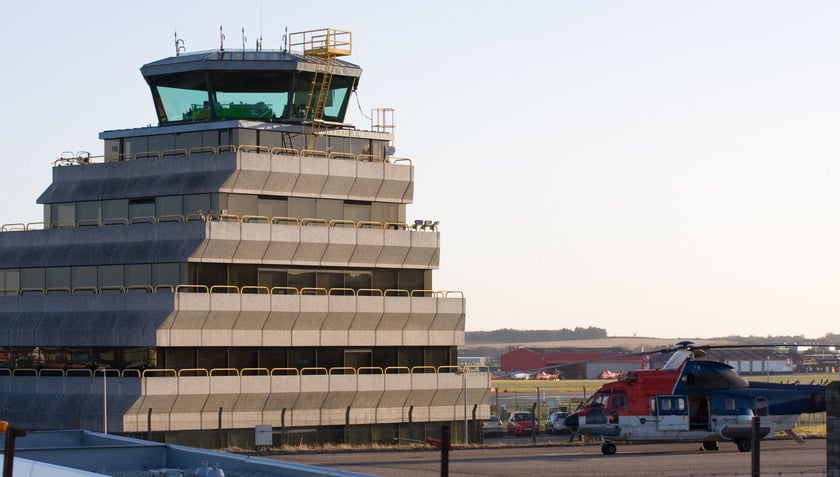
With stricter controls and increased public awareness, the "Safe Landing" campaign is expected to be a necessary step in efforts to reduce drunk driving accidents in Scotland.
On behalf of Aberdeen International Airport, Robert Paterson, Head of Operations, expressed strong support for the new campaign: "Passenger safety is always our top priority. We understand that holidays are a time to relax and enjoy, but it's equally important that everyone has a safe travel plan from the airport to home, ensuring their journey ends safely and completely."
With tighter controls at key entry points and increased public awareness, the "Safe Landing" campaign is expected to be a strategic and effective step, contributing significantly to a reduction in traffic accidents caused by alcohol across Scotland.

 VI
VI EN
EN



